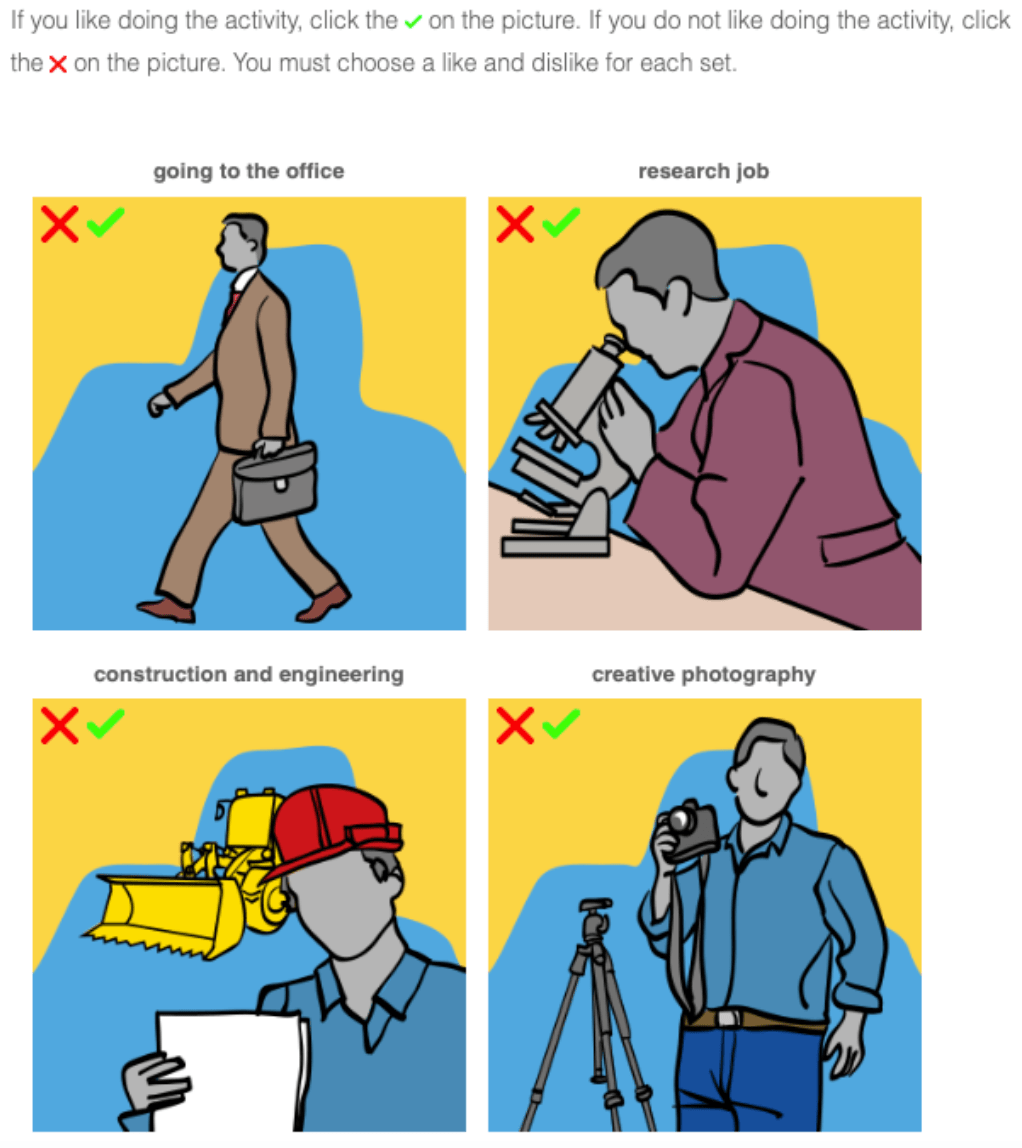
Many people believe that they are too old to change careers or feel they have lived their best years in their current job. The truth is that almost half of US workers have made dramatic career changes at some time in their lives. An average age for this type of transition is 39. You have many options to make your career transition easier. Read on to find out how to network in your new industry and identify what you're passionate about.
Looking for opportunities in your current role
You can find great opportunities at your current job, no matter whether you're looking to change careers. It's important to identify the best opportunities for growth by assessing your skills, interests, as well as experience. A career coach can help you decide what next. A career coach can help you determine what you really like to do, and then help you find related jobs. Similar jobs are those that require the same skills and qualifications as you. You might even be eligible to transfer into a job that is related without needing any training.
Volunteering is a great way to switch careers and find new opportunities in your job. This type of position often requires no financial sacrifice. Consider taking on a new position within your company, such a marketing role.

Networking in your chosen industry
In order to network for a new job, you must first create a list listing your contacts within your industry. This list should include the names of potential employers, people that can help you, as well as associations and professional organisations you may be a member. Make sure you record their contact details after creating your list. You should also list your goals for networking. Next, list the people that may be able or willing to help.
Another important step in networking for a new job is to network with your former colleagues. Your former bosses, professors, or supervisors may know people working in the same industry as you, and could be able to refer you to employers. Likewise, attending industry events is another great way to network with people who are working in the industry you are interested in.
Find your passions
It is crucial to find your passions prior to changing careers. These are the things that make us happy. We should work to allow us to enjoy them while still making a living. You must be determined and persistent to pursue your passions. You will see the fruits of your labour in time.
There are many options to pursue your passion. You can look into your interests, hobbies, politics, current events or animals. You can even explore your interests by asking yourself why you choose to do these things.

Be paid what you're worth
Consider switching careers if your income is not sufficient. There are two options: you could be stuck working in a low-paying job or in an area with declining demand. You might consider learning new skills to move up the ladder to higher-paying jobs.
Although salary is important, benefits are equally important. Benefits go beyond just a paycheck and can help you save money as well as increase your wealth over time. Some jobs offer additional paid time and child care reimbursement. Be sure to ask prospective employers for a statement outlining the cost and value of the perks you'll receive.